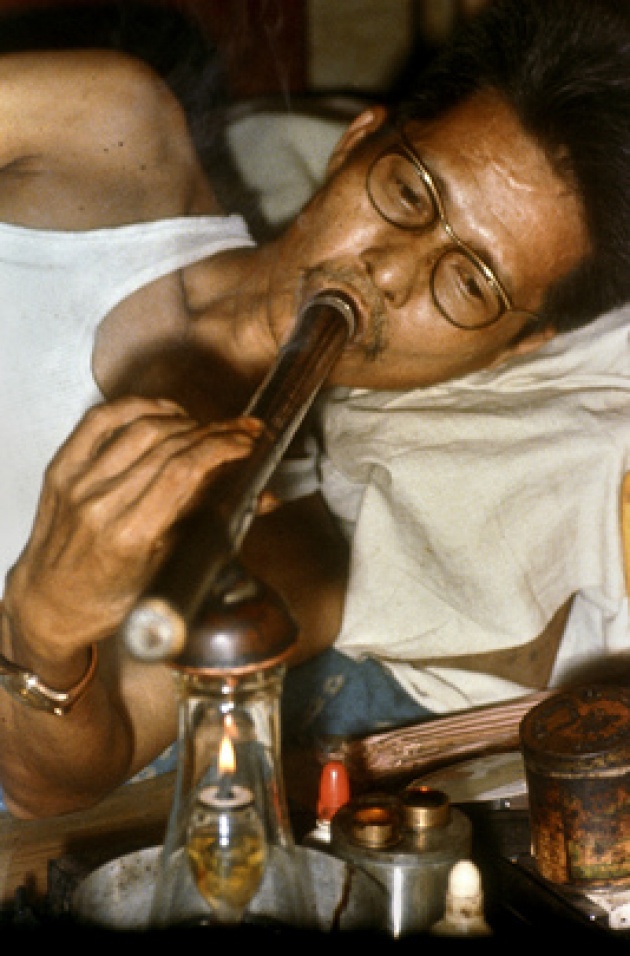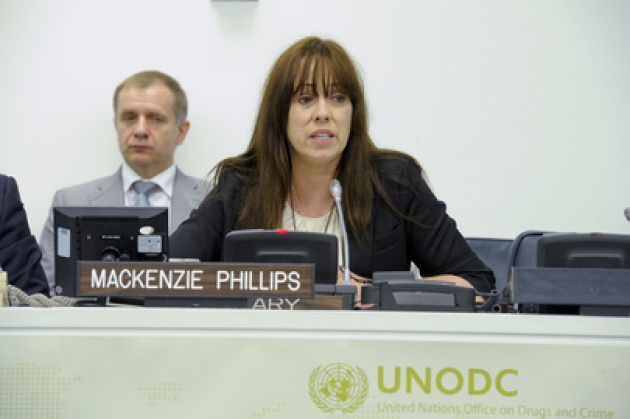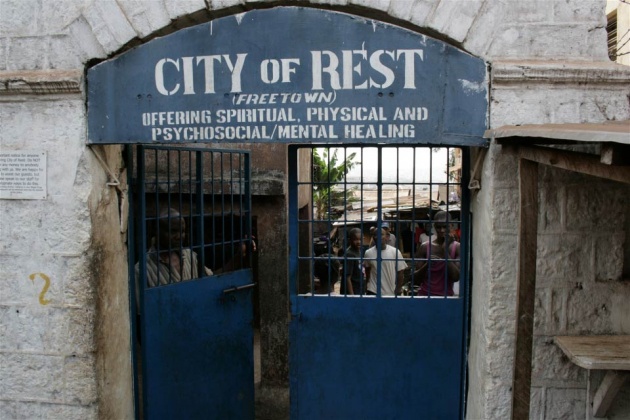
“Drug dependence is a disorder that can be treated effectively but, unfortunately, the large majority of persons who need it do not have access to treatment,” according to the Director of the World Health Organization’s (WHO) Department for Mental Health and Substance Abuse, Dr. Shekhar Saxena. “The data presented in the new system illustrate the huge gaps that still exist in the area of drug dependence treatment. But more and more countries realize the benefits of treatment for drug and alcohol dependence, not only for the individuals themselves, but also for the society and the economy,” The conclusions were drawn from a large first time study that covered around 3/4 of the UN member states (147).See our Blog for Film: “Cocaine Abuse Surges in Europe”.

With its launch coinciding with the International Day against Drug Abuse and Illicit Trafficking, the WHO Global Health Observatory Database – Resources for the Prevention and Treatment of Substance Use Disorders estimates that, worldwide, about 230 million adults aged 15-64 – or five per cent of the world’s adult population – used an illicit drug at least once in 2010, including about 27 million people with severe drug problems. See our Blog for Film: - “Designer Drugs in Fashion over Vintage Highs-UN Report”.The global information system provides data for each of the assessed countries, such as funding, staff and services, and thereby complements already available information on the scope and associated harms of substance use disorders. The country profiles included in the new system cover 88 per cent of the world’s population. According to the Coordinator of WHO’s Management of Substance Use team, Dr. Vladimir Poznyak. “The availability of drug dependence treatment lags well behind treatment and care offered for other diseases according to our data,” Below is the more complete Statement from the WHO just released today and related links. Also See our Blog for Film: “Failed War on Drugs”.
Ambassador Muhamed Sacirbey - FOLLOW mo @MuhamedSacirbey
Facebook-Become a Fan at “Diplomatically Incorrect”
Twitter – Follow us @DiplomaticallyX
See more at our Popular Video Blogs & Current News Event Articles – www.diplomaticallyincorrect.org

WHO STATEMENT:
Most people with drug use disorders do not receive effective treatment and care, according to a new WHO information system that, for the first time, provides details on the resources allocated to the prevention and treatment of alcohol and drug-related problems in 147 countries. Until now, drug dependence has not been recognized as a health problem in many countries and stigma and discrimination associated with drug dependence have been major barriers to appropriate treatment.
Lack of access to treatment
“Drug dependence is a disorder that can be treated effectively but, unfortunately, the large majority of persons who need it do not have access to treatment,” says Dr Shekhar Saxena, Director of the Department for Mental Health and Substance Abuse. “The data presented in the new system illustrate the huge gaps that still exist in the area of drug dependence treatment. But more and more countries realize the benefits of treatment for drug and alcohol dependence, not only for the individuals themselves, but also for the society and the economy.”
According to new UN estimates, worldwide about 230 million adults (aged 15-64), or 5% of the adult population, used an illicit drug at least once in 2010, including about 27 million people with severe drug problems.
Data on funding, staff and services
The WHO Global Health Observatory Database – Resources for the Prevention and Treatment of Substance Use Disorders now provides such data for each country as funding, staff and services and thereby complements the already available information on scope and associated harms of substance use disorders. The country profiles included in the new system cover 88% of the world’s population.
“The availability of drug dependence treatment lags well behind treatment and care offered for other diseases according to our data,” explains Dr Vladimir Poznyak, Coordinator of the Management of Substance Use team at WHO. “For example, only 45% of the assessed countries are able to provide essential medicines to treat the dependence on heroin and other opiates and in almost half of the countries where treatment is available not more than one in 5 persons with drug use disorders benefits from the services. A quarter of the countries which identify opiates as the main drug problem do not offer the range of medications recommended by WHO.”
Low-cost treatment
Drug dependence is a disorder that can be treated effectively with low-cost medicines and standardized psychological therapies. In particular, the treatment of heroin dependence has been very successful in reducing HIV infection due to unsafe injection, crime and the risk of death through overdose.
WHO has been working closely with the UN Office on Drugs and Crime (UNODC) since 2009 to increase the access to treatment for people with drug use disorders. The understanding that drug abuse, at its core, is a public health issue has increased in recent years. However, only 82 countries offer special health services to people with drug use disorders.
With the launch of the new global information system WHO commemorates the International Day against Drug Abuse and Illicit Trafficking celebrated by the UN every year on 26 June.
For more information please contact:
Mr. Glenn Thomas
Communications Officer
WHO, Geneva
Telephone: +41 22 791 3983
Mobile: +41 79 509 0667
Email: thomasg@who.int
Dr. Vladimir Poznyak
Coordinator, Management of Substance Abuse
WHO, Geneva
Telephone: +41 22 791 4307
Mobile: +41 79 367 6213
Email: poznyakv@who.int



